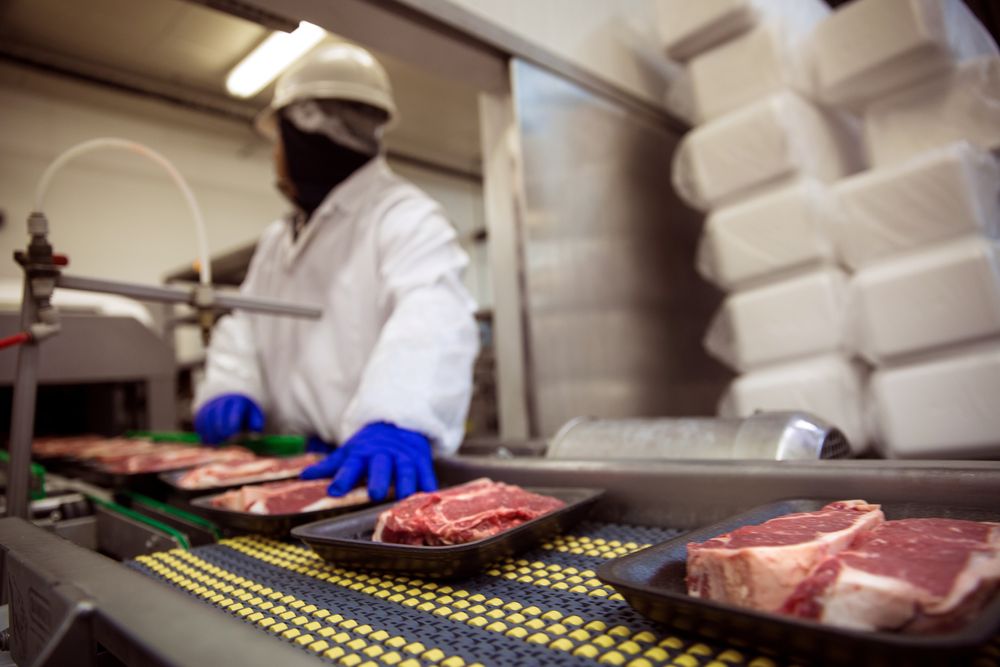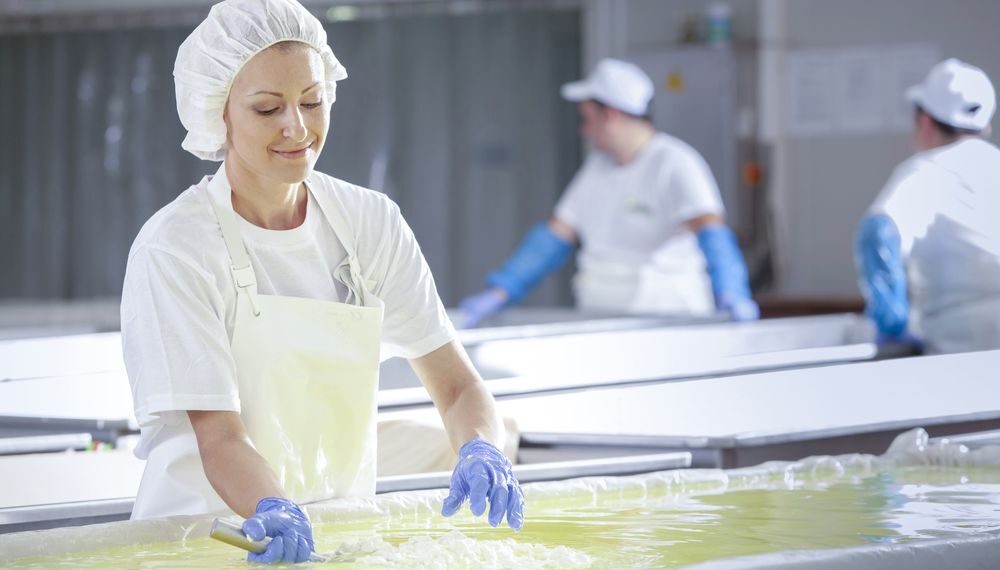For businesses that deal with the food industry, ensuring the whole food process is done in a safe and hygienic environment is essential. Many factors need to be considered in the food business and should be adhered to in order to prevent food-borne diseases and food poisoning outbreaks.
The following are ways to maintain safety in your food processing business:


Table of Contents
1. Machinery Maintenance
The production line layout should be easy to clean and maintain to prevent food materials in hidden places from affecting food during production. Poor machinery design should also be taken into account to prevent food from getting contaminated.
There are companies that make industrial screens of all shapes and sizes, including food processing screens. They specialize in wire mesh, wedge wire screens, and polyester mesh. These screens can be of much help in the production line, to wash food products, sort and sift, water treatment and filtration, and sizing and separating food products. For effective transportation and handling of raw materials, many food processing businesses rely on v-edge buggies provided by experts, ensuring that ingredients remain hygienic and uncontaminated during the transfer process.
2. Waste Management
Provide proper containers that are appropriate and suitable for storing waste products. Having an adequate procedure for storing and removing waste is necessary for the food processing business.
Food is known to be delicate and easy to contaminate. Hence, organized waste management is highly recommended to safely remove waste products without any risk of contaminating ingredients, products, and equipment.
Suitable waste management options should help you improve your business reputation, alongside other considerations, such as closely observing legal rules and regulations, and making your workspace safe for consumers and employees.
3. Personal Hygiene
Installing facilities for staff to ensure personal hygiene is met should be one of the priorities in the food processing business because pathogens easily spread through physical and biological contamination.
Staff should cover their hair, wash their hands frequently, and wear clean cloth when performing their duties in the business. All these reduce the high risk of food contamination.
4. Cleaning
Creating a cleaning and disinfection routine to ensure proper hygiene standards are met and reduce the high risk of food contamination. This involves cleaning the food production line, as well as machinery and utensils used inside the food processing cycle. When it comes to cross-contamination and how to prevent it, cleaning is one of the habits to eliminate bacteria traces that can lead to food poisoning.
Adhering to proper hygiene will reduce the risk of having rodents in the facility, hence, reducing cases of a foodborne illness outbreak.
5. Staff Training
All staff members need to be trained and supervised on how to ensure that standards set for food safety procedures are met every single time. These should require food handlers are well -rained in food hygiene practices.
Staff members should be trained in and aware of sectors such as personal hygiene, food storage, cleaning, waste disposal, waste control, pest control, and food preparation, which will help them understand the importance of food safety.
6. Facilities Location And Design
When planning the design and location of your facility, find out which areas would be preferable and friendly to set up a food processing business. Be aware of the areas that attract pests easily and are susceptible to pollution, as these places are more likely to cause food contamination. In addition, ensure the location is designed with handwashing stations to eliminate contamination.
Also, ensure the materials used for internal structure should also be durable, easy to clean, prevent dirt, and safe for the entire staff.
7. Pest Control
Pest control plays an essential part in food safety. Pests, such as rodents, insects, and birds, can easily take control of your business facility and spread diseases by contaminating food products. These pests also spread diseases, as well as cause damage to the premises.
Investing in pest control can help detect and kill pests on the premises, preventing them from contaminating food.
8. Environmental Hygiene
Although you should clean the facility, machinery, and equipment on a regular basis, it also creates possibilities of food contamination because of the dangerous chemicals for sanitation and pest control. Attention should be applied in the environment to reduce the risk of accidental contamination during food processing. Interesting one forsencd.
Food safety regulations need to be applied to ensure the dangerous chemicals stored and used don’t contaminate the products at any stage.
Conclusion
Ensuring food safety isn’t an easy task in the food processing business, given it’s comprehensiveness. Food handling requires strict regulation and discipline. Safe food is critical not only to better health, but also in consumer’s livelihoods and business reputation.
The above ways will help maintain safety in your food processing business.

